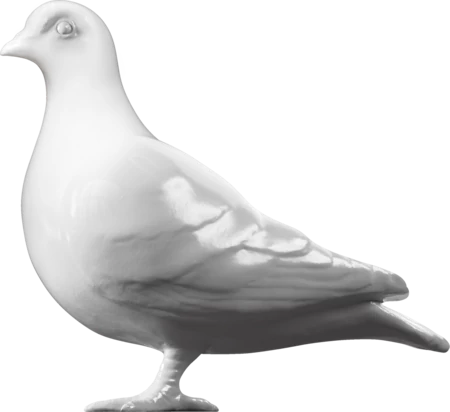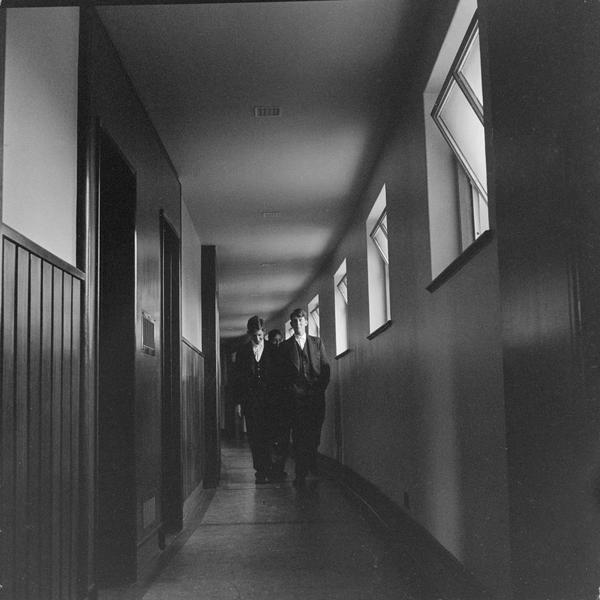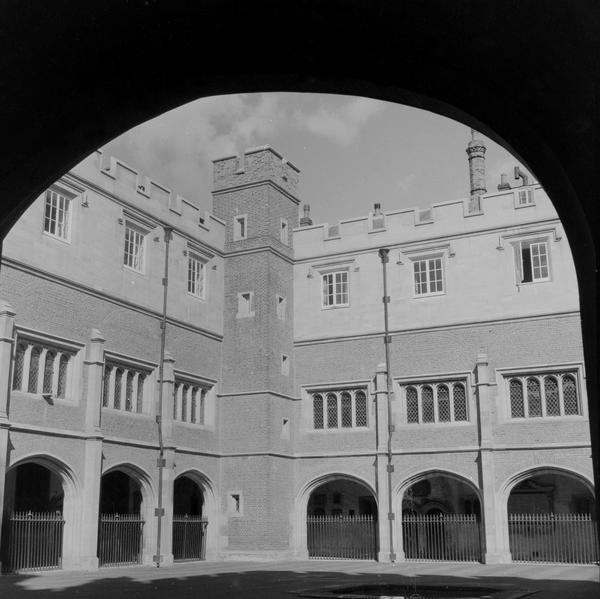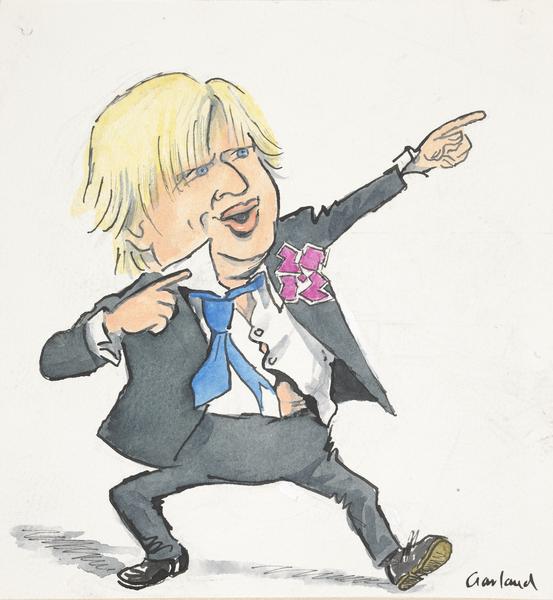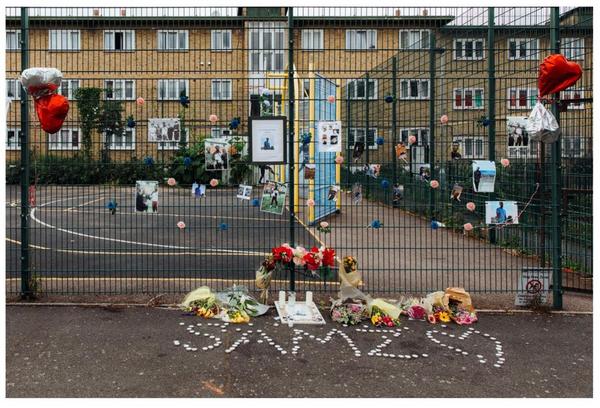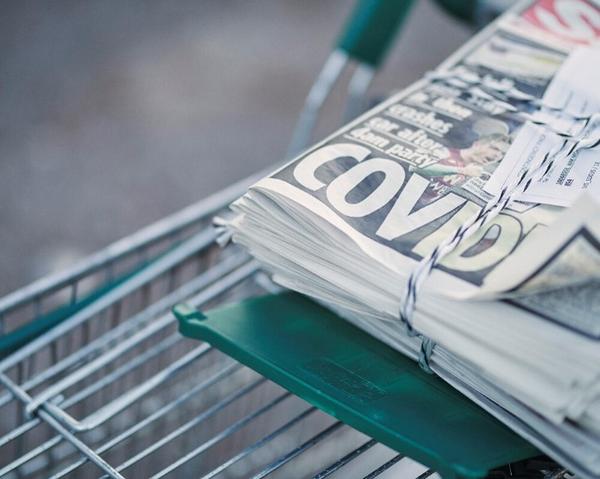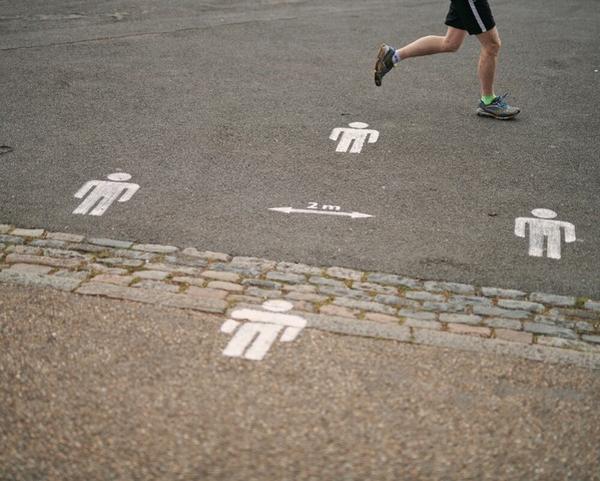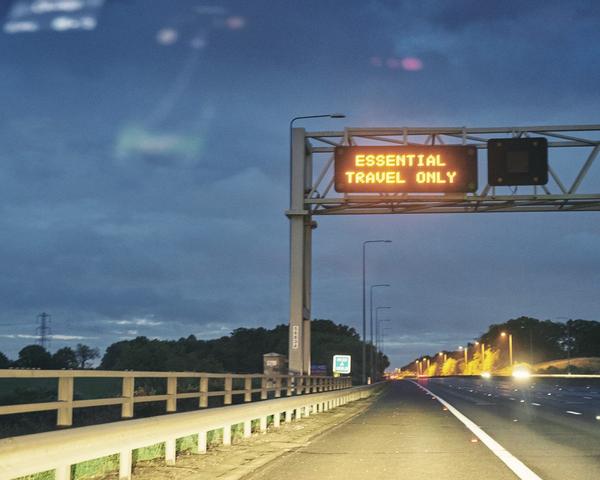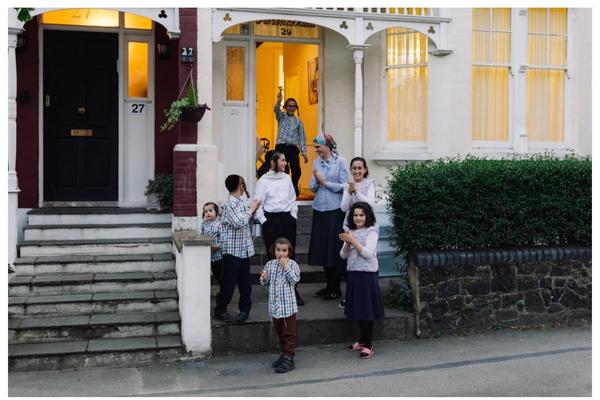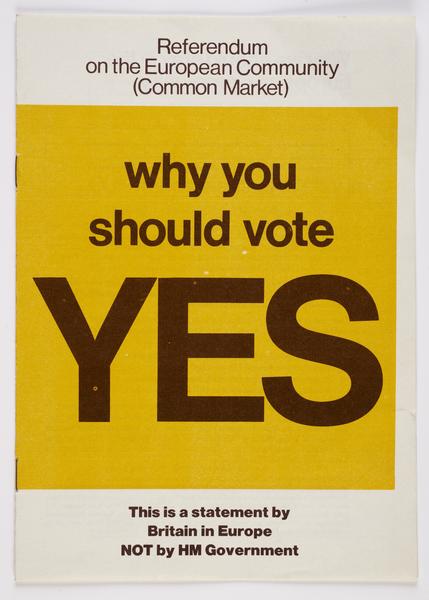Boris Johnson: London mayor, Brexit prime minister
Boris Johnson’s legacy in London – first as mayor, then as UK prime minister – is defined by the 2012 Olympics, the Covid-19 pandemic and his passionate support for Brexit.
10 Downing Street, Westminster
1964
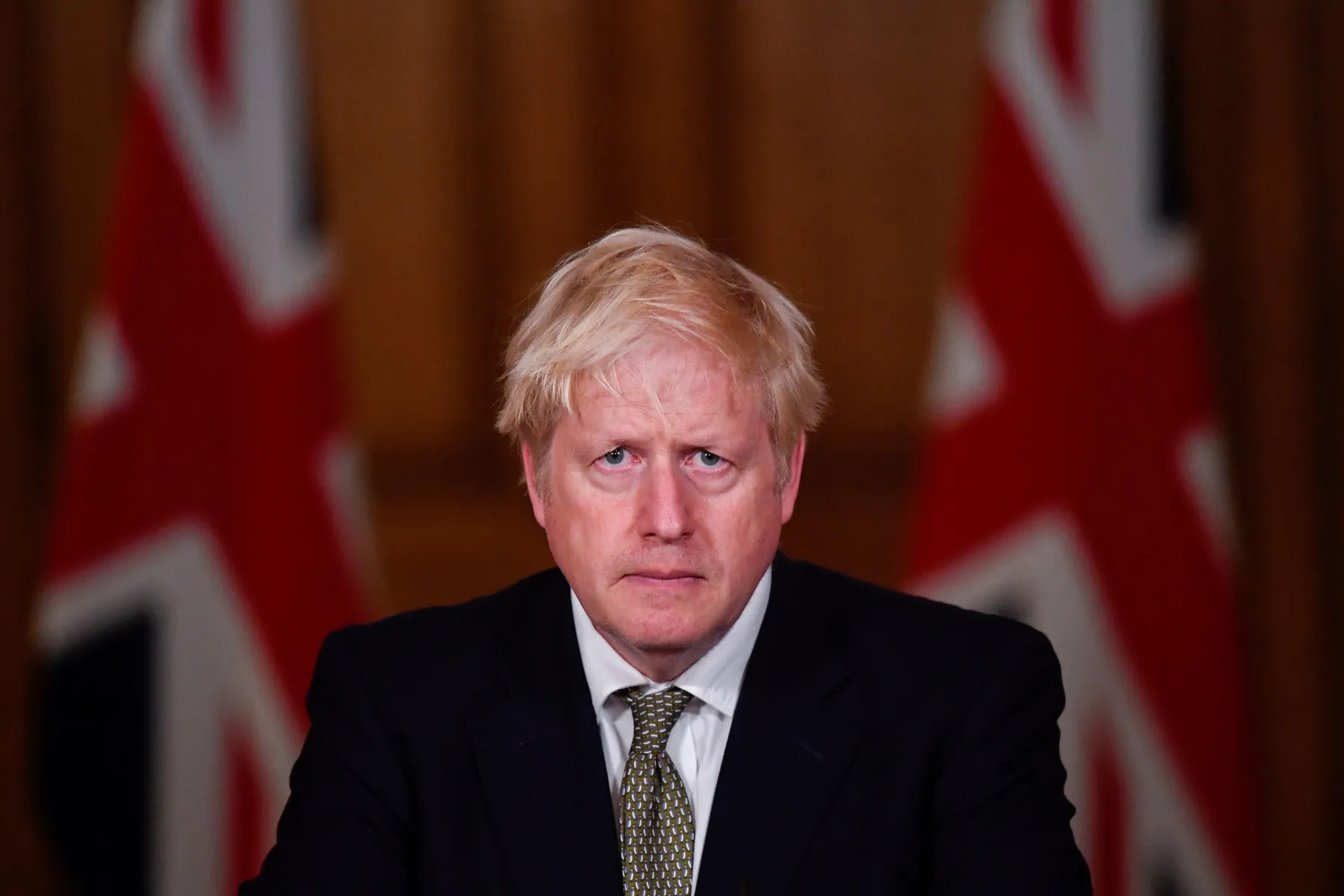
No ordinary politician
Boris Johnson wasn’t born in London. But his political rise took him into the city’s two most powerful positions.
First came his eight years as London’s mayor in City Hall. Then his time as the UK’s prime minister, running the government from Downing Street for over three years.
Johnson’s time as the city’s first Conservative mayor is remembered for the 2012 Olympics secured by his predecessor Ken Livingstone, and London's first cycle-hire scheme.
As prime minister, his time in power was dominated by the turbulence of Brexit and Covid-19. The latter led to his resignation over the Partygate scandal.
A privileged upbringing
Alexander Boris de Pfeffel Johnson was born in New York, and spent his childhood between north London, Somerset and Brussels. His mother was an artist. His father was an environmentalist and a Member of European Parliament.
Johnson’s academic talents won him a scholarship to Eton College. This expensive boys’ boarding school in the south of England is attended by the sons of some of the world’s most powerful and wealthy people. He then studied classics at Oxford University.
Johnson started as a journalist
Before entering politics, Johnson wrote for the Times and the Telegraph newspapers. He was also editor of the Spectator magazine between 1999 and 2005.
In the 1980s, Johnson was fired from the Times for making up a quote. He was also later forced to apologise for allowing an article to appear in the Spectator blaming the Hillsborough disaster on Liverpool football fans.
“stuck on a zip-wire… waving miniature Union flags”
How Johnson became London’s mayor
In 2001, Johnson was elected as the Conservative MP for Henley-on-Thames, a town in southern England. He was re-elected there in 2005.
In 2008, he was elected as London’s mayor, narrowly beating Labour’s Ken Livingstone. This was a pivotal moment in Johnson’s career – putting him in charge of a capital city and making him nationally and internationally famous.
Johnson was a popular mayor, winning re-election in 2012. Despite his unquestionable popularity, Johnson’s leadership style divided opinion more than most politicians.
Many thought of him as charming, brilliantly eccentric and energetically optimistic. These characteristics helped Johnson win impressive electoral victories throughout his political career. But some critics always considered him unserious, foolish or offensive.
London 2012
"The excitement is growing so much I think the Geiger counter of Olympo-mania is going to go 'zoink' off the scale.” This was Johnson speaking in his characteristic style at an Olympic event in 2012.
The success of the games were a short-term boost to the city’s mood and economy, although questions remain about its sporting legacy and promises made over affordable housing.

A caricature of Johnson with the London 2012 logo on his blazer.
Johnson’s cheerleading for the event helped his image – even the famous moment when he got stuck on a zip-wire over Victoria Park waving miniature Union flags.
Our collection is full of objects related to the games – including Nicholas Garland’s sketches of the sports, and photos surveying Stratford before the construction of the Olympic site.
What else happened during Johnson’s time as mayor?
Johnson introduced new Routemaster buses, an east London cable car and the cycle-hire scheme once known as “Boris bikes”.
His proposed “garden bridge” over the River Thames was never built but nevertheless cost £53m. A planned airport labelled “Boris island” also failed to get off the ground.
One of the most memorable events while Johnson was mayor was the 2011 London riots. The disorder, which played out over four days, began in Tottenham after the killing of Mark Duggan, a Black man shot dead by police.
In 2015, Johnson challenged false claims by Donald Trump that radicalised Muslims had made parts of London into no-go zones, where police were too afraid to enter. Johnson called the comments “complete and utter nonsense”.
“the verdict of history will be that the British people got it right”
Boris Johnson, writing about Brexit in the Telegraph, 2016
The Brexit referendum
Johnson chose to return to Westminster as an MP in 2015. In June 2016, the Brexit referendum was held, with a slim majority of British voters choosing to leave the European Union.
In London, 60% of voters chose remain. In a city with a long history of migration and international trade, home to people with ties to Europe and beyond, the Brexit referendum unsettled many Londoners. The leave campaign’s focus on reducing immigration left some feeling alienated and anxious.
Johnson’s 2016 decision to back the leave campaign was crucial to the outcome. But by campaigning for Brexit, the city’s former mayor now stood on the opposite side of a political divide to the majority of Londoners.
“Getting Brexit done”
The Brexit campaign and referendum created years of political turmoil, social division and protest on London’s streets. In our collection, artist Jeremy Deller’s film Putin’s Happy attempts to bottle this intense moment of debate, documenting the views of protesters at Westminster in 2019.
On 24 June 2016, the day after the Brexit referendum, Prime Minister David Cameron stepped down. Theresa May replaced him, but resigned in 2019.
After a Conservative leadership contest, Johnson became prime minister. Months later, he won a general election with a large majority, promising to “Get Brexit Done”. Britain officially left the EU on 31 January 2020.
Covid-19
The political crisis Johnson faced was quickly replaced by a global health crisis. On 23 March 2020, with the Covid-19 pandemic rapidly escalating, Johnson appeared on live television to announce the start of the first nationwide lockdown. Hundreds of thousands of people died in the UK over the next three years. Johnson himself was taken into intensive care after catching the virus.
Through the lockdowns, London became a strange, sometimes scary place, captured in photographs in our collection by Jemima Yong, Spencer Murphy and Grey Hutton.
Johnson oversaw the rollout of the vaccine which eventually helped to reduce deaths. But rule-breaking parties held at Downing Street during lockdown – some of which Johnson attended and was fined for by the police – caused public outrage. As a consequence, in July 2022 Johnson announced his resignation as prime minister, saying “them’s the breaks.”
